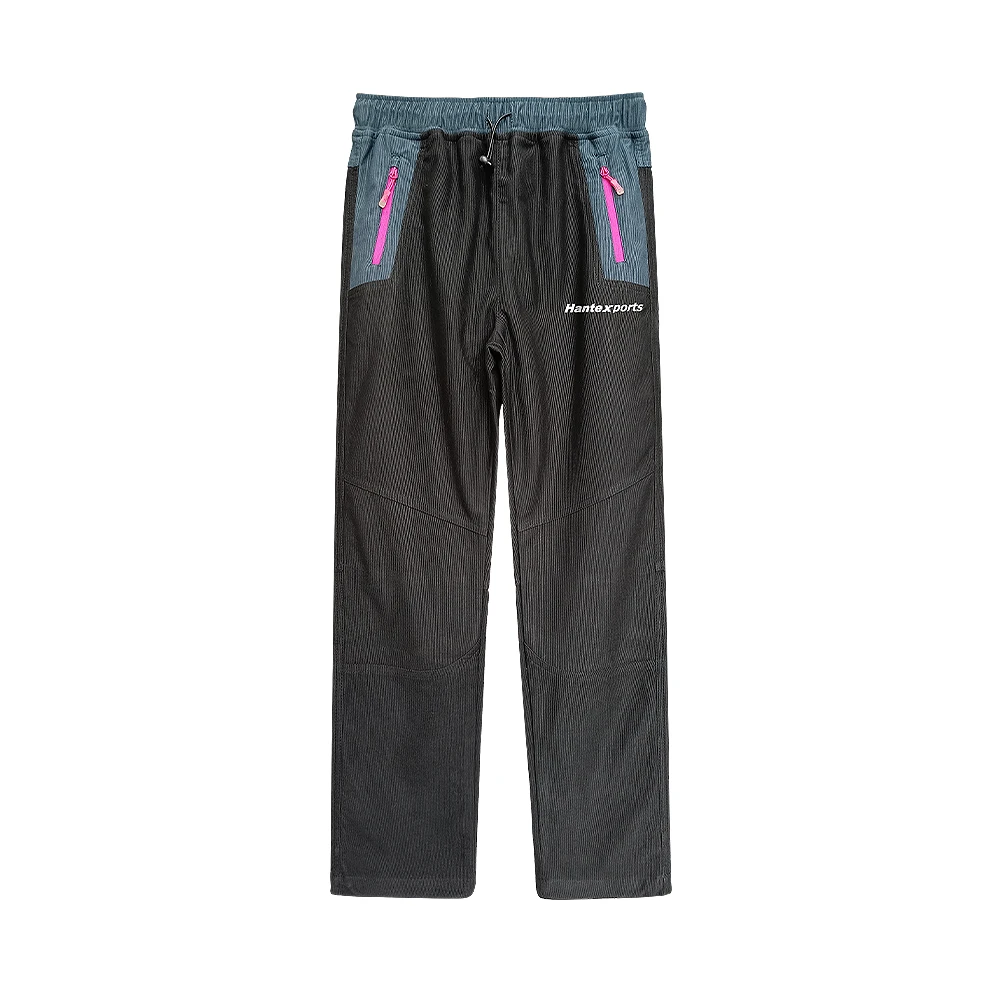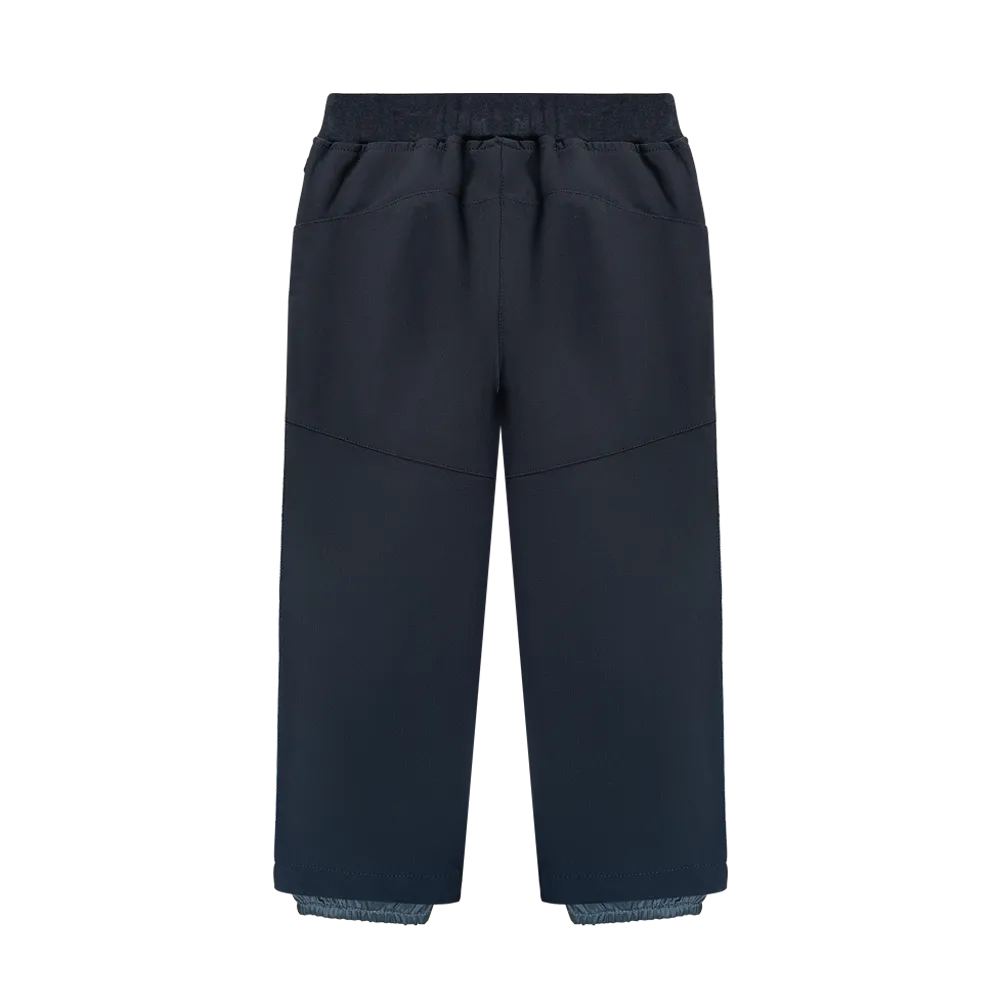

Today’s tailored workwear is no longer confined to traditional designs. The contemporary approach integrates innovative technologies and modern aesthetics. From incorporating smart fabrics that regulate temperature to designs that include discrete pockets for tech gadgets, tailored workwear is at the forefront of sartorial innovation. These adaptations address the needs of today's workforce, bridging the gap between traditional workwear and modern-day requirements. Moreover, tailored workwear contributes significantly to sustainability initiatives. As the fashion industry faces scrutiny over its environmental impact, bespoke clothing offers a solution by encouraging mindful consumption. Each garment is made to order, reducing waste associated with mass production. Additionally, the emphasis on quality ensures a longer life span, promoting a shift away from the fast-fashion mentality. In this dynamic environment, opting for tailored workwear is a step towards enhancing both individual and organizational identity. It empowers individuals by offering clothing that is not only stylish and comfortable but also reflective of their roles and responsibilities. For companies, it aligns with strategic objectives of branding, safety, and sustainability. By partnering with reputable suppliers who prioritize craftsmanship and adhere to sustainable practices, businesses can ensure that their investment in tailored workwear yields significant returns, elevating the work experience for everyone involved. Thus, tailored workwear transcends its basic function of clothing to become an integral part of the workplace ecosystem, meeting the evolving needs of modern professionals while setting new standards for workplace attire.















